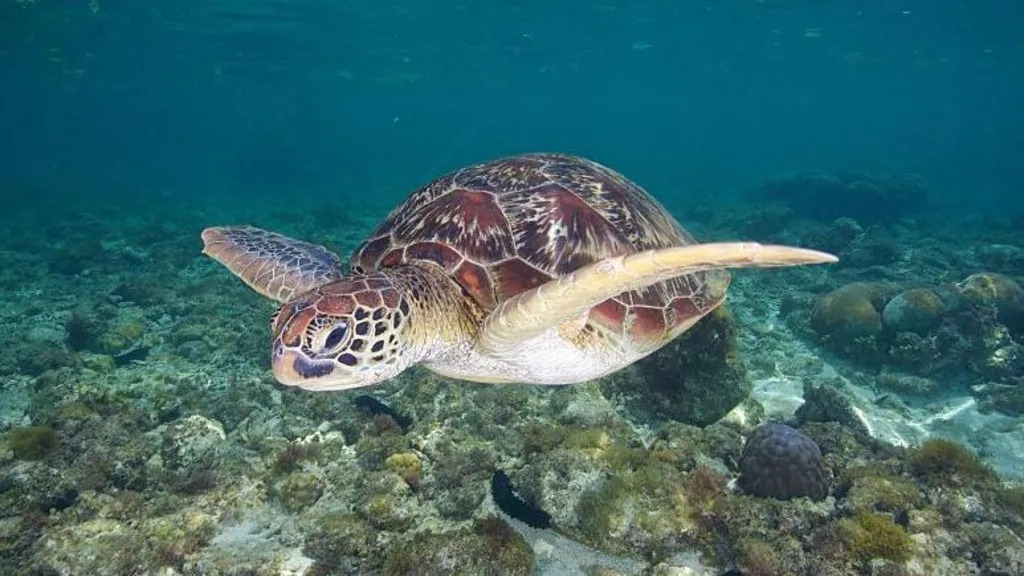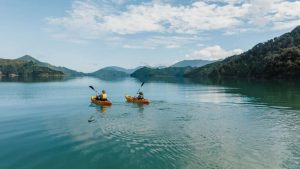
The Risk of Sea Turtle Stew Poisoning
A tragic food poisoning incident has claimed the lives of three people and left at least 32 others hospitalized in the Philippines. The victims, members of the indigenous Teduray community, fell ill after consuming a stew made from an endangered sea turtle in the coastal town of Datu Blah Sinsuat, Maguindanao del Norte Province.
Local officials reported that the victims experienced severe symptoms, including diarrhea, vomiting, and abdominal spasms, shortly after consuming the dish. Among the affected were household pets—dogs, cats, and chickens—which also died after being fed the same stew.
The Risk of Consuming Sea Turtles
While it is illegal to hunt or eat sea turtles under Philippine environmental laws, some communities continue the practice due to cultural traditions. Sea turtles are considered a delicacy in certain regions, and their flesh and eggs are often believed to hold medicinal properties.
However, sea turtles that consume contaminated algae or toxic marine plants can harbor deadly toxins, even if they appear healthy. Cooking these animals does not neutralize the toxins, making their consumption extremely dangerous.
In this case, the sea turtle was prepared as adobo, a popular Filipino dish made by stewing meat or seafood in vinegar and soy sauce. The meal, however, turned fatal for three residents and caused widespread illness among others in the seaside town.
A History of Similar Incidents
This is not the first time a tragedy like this has occurred in the Philippines. In 2013, 68 people fell ill, and four died after eating a sea turtle in Eastern Samar Province. Despite these incidents and the illegality of sea turtle hunting, the practice persists in some communities due to deeply ingrained traditions and a reliance on the sea for sustenance.
The Aftermath and Community Response
Most of those hospitalized have since been discharged, according to local media, but the incident has sparked grief and outrage within the community. The three deceased individuals were buried immediately, following local funeral traditions.
Datu Mohamad Sinsuat Jr., a local councillor, vowed to enforce stricter measures to prevent further incidents. “This food poisoning incident will never happen again,” he said, urging local authorities to uphold the ban on hunting sea turtles.
The Need for Conservation and Awareness
Sea turtles are vital to marine ecosystems, and most species are classified as endangered or critically endangered. The Philippines prohibits the collection, harm, or killing of these animals under its environmental laws.
While cultural practices may conflict with conservation efforts, raising awareness about the risks of consuming sea turtles is essential to protect both human health and biodiversity. Authorities are investigating the toxic stew to determine the specific cause of contamination, highlighting the need for education and alternative food sources in coastal communities.
Ms. Irene Dillo, a local official, lamented the incident: “It was unfortunate because there is so much other seafood in their village—lobsters, fish.”
Key Takeaway
This tragedy serves as a stark reminder of the dangers associated with consuming endangered species like sea turtles. It underscores the need for stricter enforcement of conservation laws and greater education on the risks of traditional practices that harm both humans and wildlife.
- Internal Link:
Add links to related articles on conservation or public health. Example: “Read more about wildlife conservation efforts here.” - External Link:
Include a credible source link to support conservation law information, e.g., the Philippine Wildlife Act.






